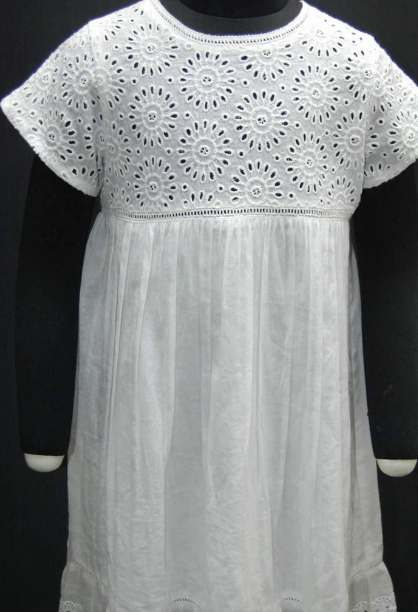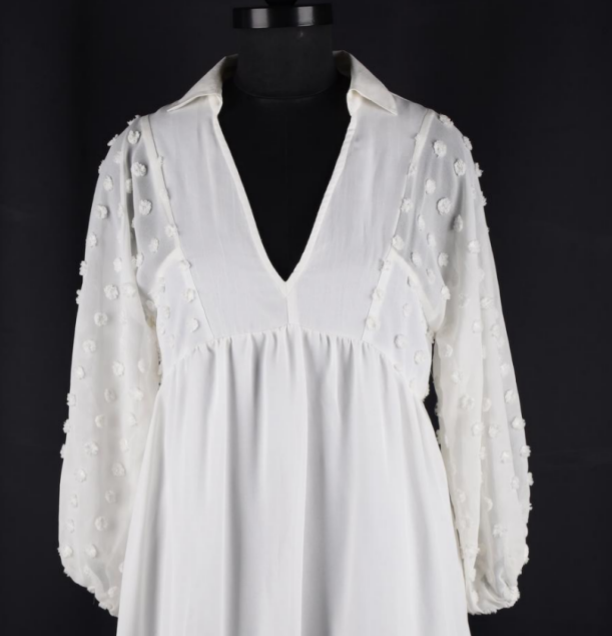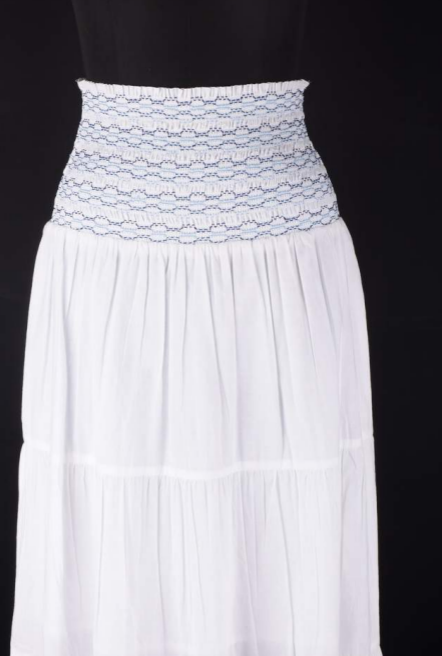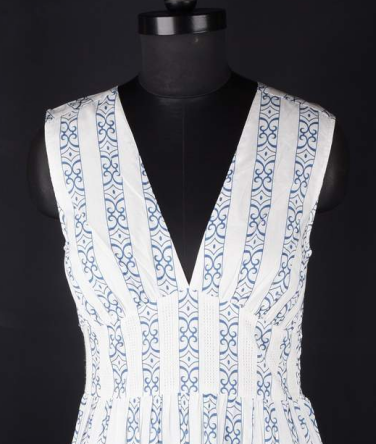Private Label Vs. White Label Manufacturing: Which Works Best For UK Apparel Startups

Choosing between private label and white label is one of the crucial decisions for any UK apparel manufacturer. This decision defines your brand’s approach and market strategy. To put it very simply, this decision is generally taken before you start your apparel startup, as the business relations you build will depend on the decision you take here. So, based on whether you want to build a boutique high-end brand or an everyday quality apparel startup, here’s a detailed comparison between white label vs private label manufacturers.
What Are White Label & Private Label Apparel Manufacturers?
The primary difference between the two in the context of UK apparel startups is as follows.
White Label Manufacturers: White label manufacturers develop garments from scratch as they like. It is the equivalent of going to a clothing store; you don’t get
-
to decide what is made, you either take what’s available that you like or move on to the next store. Except, in this case, since you’re a business here, you get the right to buy from a white label manufacturer and sell the white label clothing with your packaging as your own. There’s no illegality here as this is a perfectly acceptable mode of business.
-
Private Label Manufacturers: In very simple words, it is the equivalent of going to a tailor vs a clothing store. A tailor will make the garment from scratch as per your requirements and will also use the materials that you recommend. A private label apparel manufacturer offers complete control of the garment to you. As a brand, you’ll get to decide the design, the style, the stitching quality, the fabric, the dye, the printing technique, everything. In fact, a private label manufacturer will exclusively manufacture your order for you. No other brand will be able to copy your products.
With the basic understanding out of the way, let’s look at the pros and cons of each manufacturing style.
Pros & Cons of White Label Clothing vs Private Label Apparel
White Label Clothing
Pros
-
Easy to set up: As white label clothing comes pre-manufactured, it is the easiest way for brands to start selling.
-
Low startup costs: White label manufacturing has low Minimum Order Quantities (MOQs), and it also allows payment plans where brands don’t have to pay the full order value upfront. It makes for low startup costs.
-
Supply chain suitable for apparel startups: There’s a minimum supply chain demand here, as the brand only has to put the pre-manufactured clothing in their packaging and sell it. This helps startups a lot in reducing the cost of different supply chain variables.
-
Lower Risk for Brands: White label manufacturing allows brands to test market demand at a lower risk. This is crucial for apparel startups.
Cons
-
Low Product Differentiation: There’s minimal product differentiation in white label clothing, as the garments are mass-produced and available to purchase by any brand.
-
Lower Profit Margins: Since you are selling a pre-manufactured garment that might possibly be mass-produced, you can’t charge a premium price for it and still sell in volume.
-
Lowest Control: White label apparel manufacturing industry does not offer much control or customisation options for garments, which makes it harder to meet your specific garment requirements.
Private Label Clothing
Pros
-
Stand Out With Customisation: Private label or custom clothing manufacturers offer excellent customisation options that allow you to differentiate your products from others.
-
Allows Premium Brand Positioning: Private label clothing allows customisation that helps you position your brand as a premium and boutique brand. This is crucial for brand building.
-
Better Profit Margins: Better quality garments can be sold at a higher price point, which allows you to position your brand as a premium seller and avail better profit margins.
-
Exclusivity: Exclusivity is a major benefit of choosing custom clothing, as it allows you to create a unique brand.
-
Cons
-
High Manufacturing Cost: Private label manufacturing is expensive and requires a lot of experience and expertise regarding garment manufacturing to do successfully.
-
Higher Setup Costs: Higher setup costs are associated with both raw material costs, development charges, and packaging.
- Market Risks: Since you have to invest more, your capital is at a greater risk with this type of manufacturing if the garments don’t work in the market.
Conclusion
As a UK apparel startup, here is a detailed overview of both options laid out for you. As a major export house and ready-made garments manufacturer, Cheer Sagar recommends that you assess your business goals and make a choice that fits your goals. The key is to decide whether you want to build a volume-selling brand or a high-ticket, low-volume brand.
Related Blog
The Do’s And Don’ts Of Garment Export
Exporting anything is an extensive and often lengthy process. There are a number of processes you have to go...
How Can I Export Clothes From India To Africa - CheerSagar
The continent of Africa hosts 2% of the entire world trade. The continent is filled with developing countries with...
What’s The Difference Between Made In China Vs Made In USA? Let’s Find Out
More products than you would like to believe are manufactured in China. It has become the manufacturer of the world...




